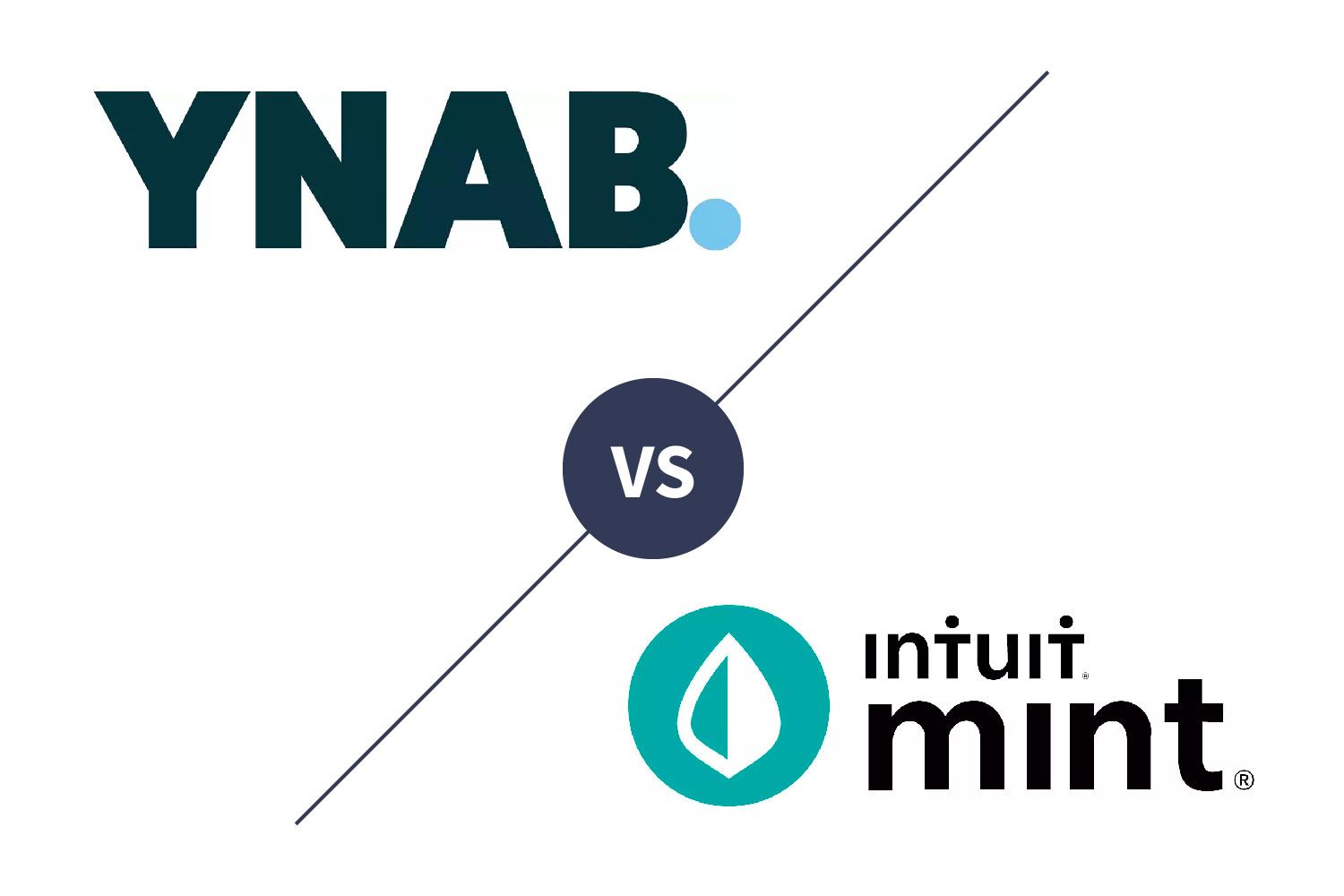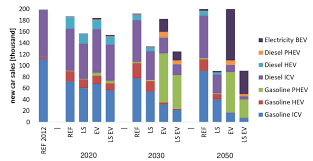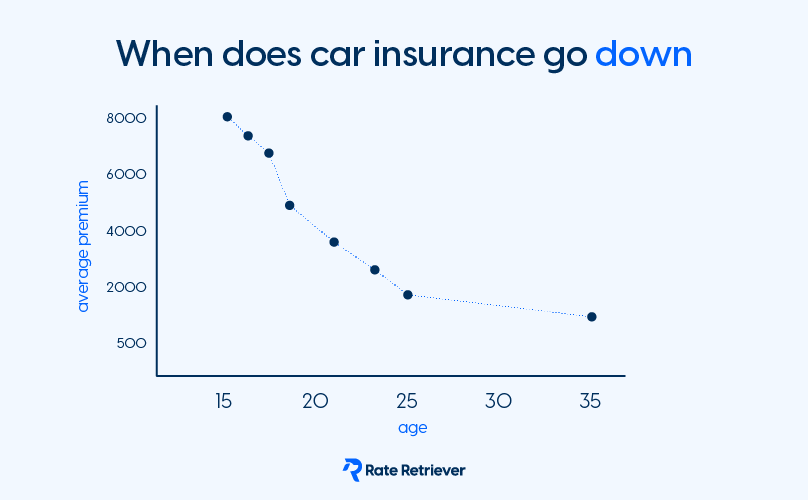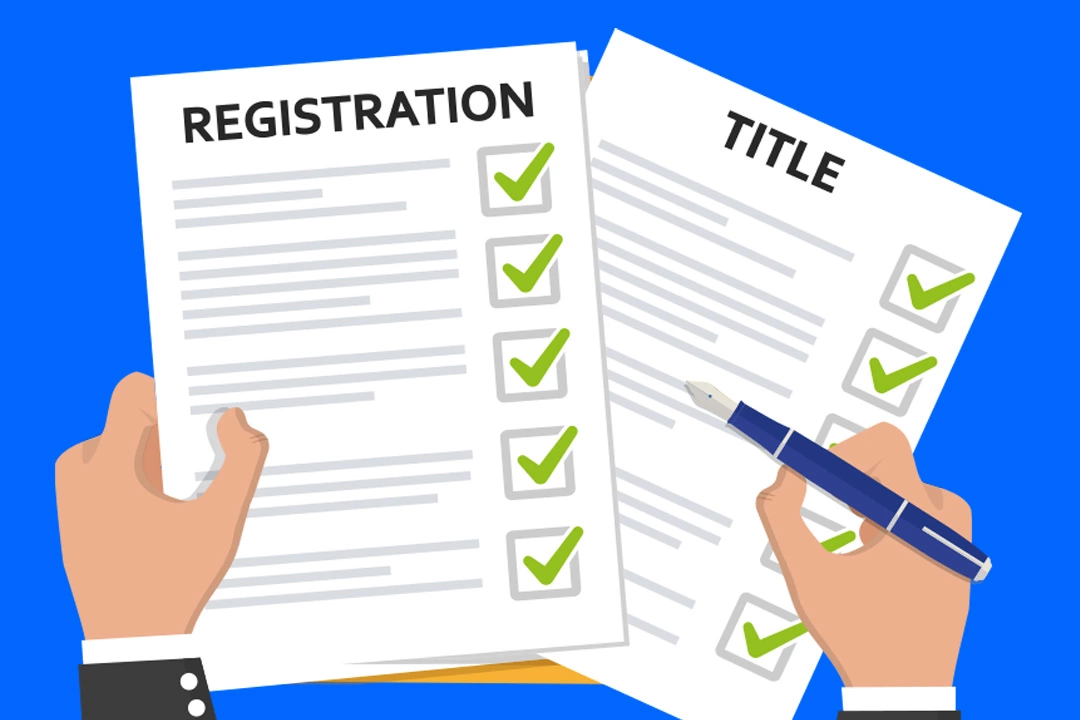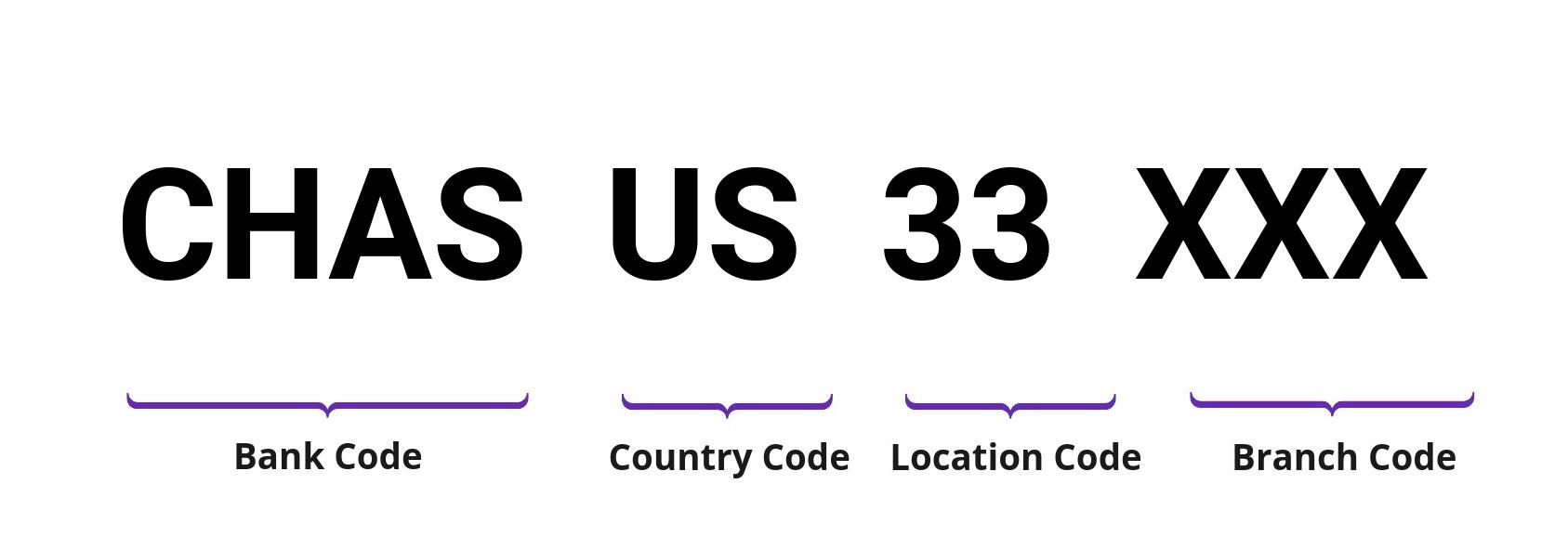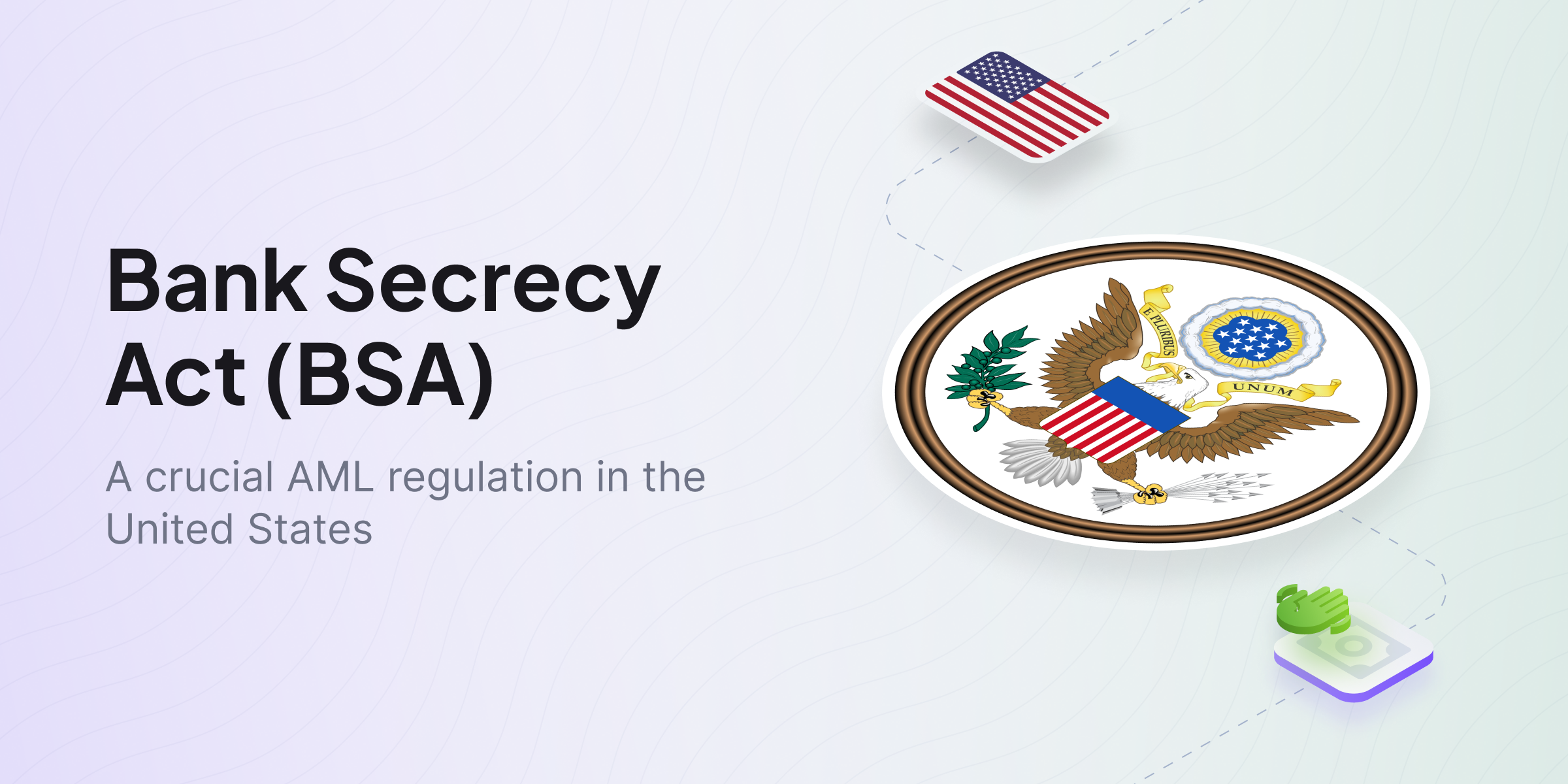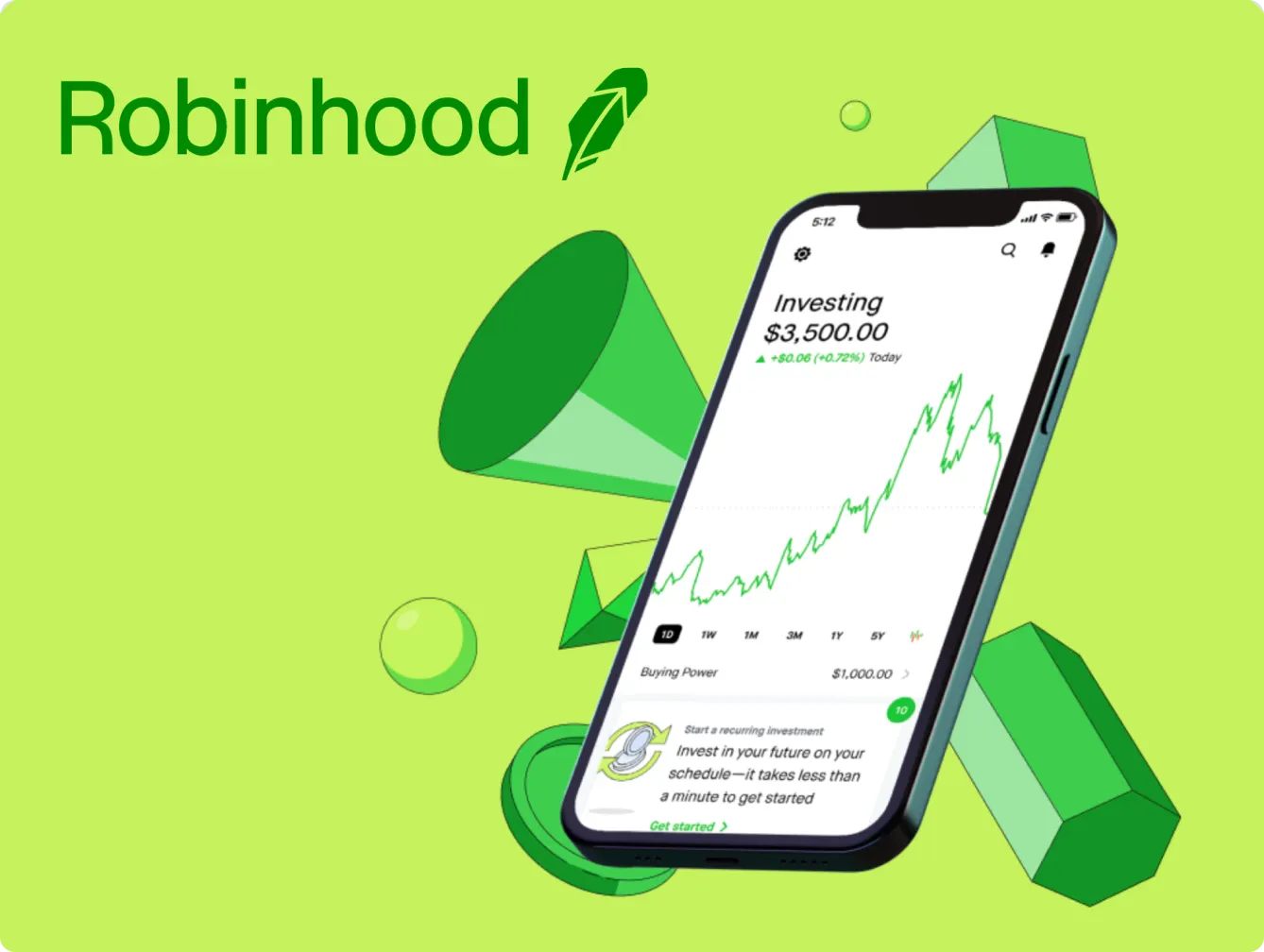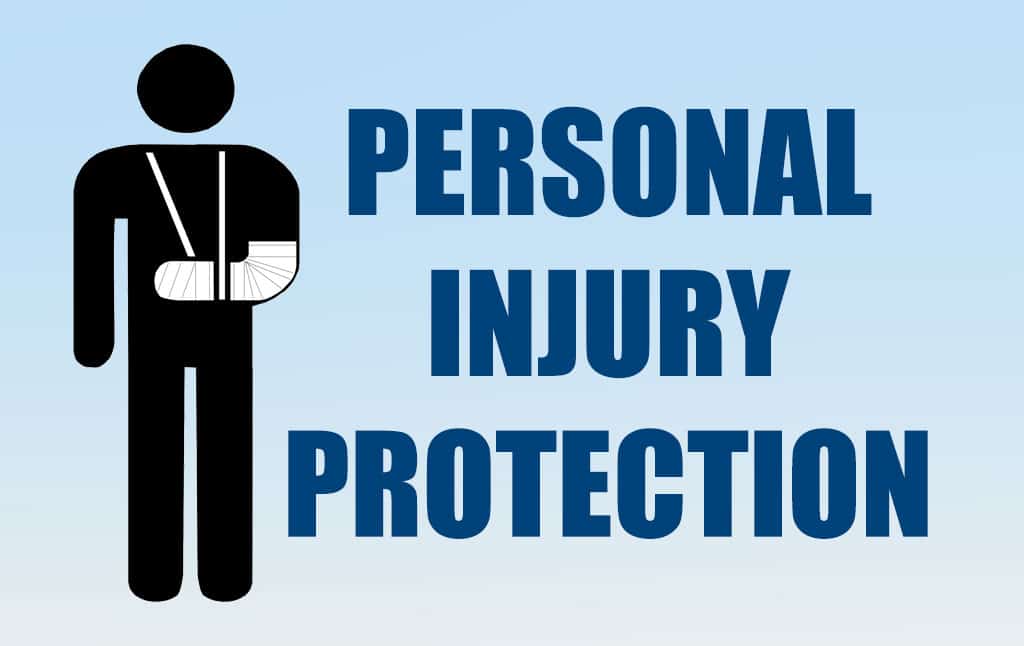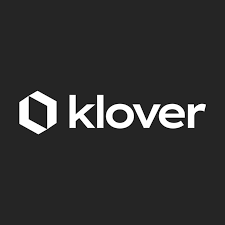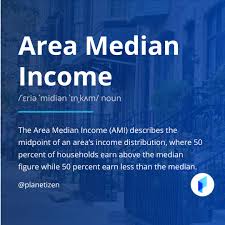Data scientists are in great demand across a wide range of businesses in today’s data-driven world, making them one of the most sought-after professions. However, because of the subject’s complexity, many aspirants find it intimidating to pursue this quickly changing sector. Thankfully, data science boot camps have become a popular and efficient means of accelerating a career in data science. These rigorous, immersive programs are intended to assist students transition into data science careers by giving them real-world experience and practical skills quickly.
Everything you need to know about data science bootcamps will be covered in this post, including what they are, their advantages, how to pick the best one, and what to anticipate while learning.
What is a Data Science Bootcamp?
A data science bootcamp is a rigorous, brief training course created to give participants the abilities and information needed to operate in the field. Bootcamps usually combine theoretical knowledge with real-world applications, emphasizing experiential learning. In a condensed amount of time (often a few weeks to several months), the objective is to teach students the fundamentals of data science, such as programming, statistics, data analysis, machine learning, and data visualization.
Bootcamps are designed to equip students with the skills necessary to analyze data, build predictive models, and extract useful insights for businesses, thereby preparing them for real-world data science employment. Data science bootcamps are intended for rapid learning and workforce access, in contrast to typical degree programs that can take years to finish.
Why Should You Consider a Data Science Bootcamp?
1. Learn Practical Skills Quickly Unlike traditional university degrees, which can take several years to complete, bootcamps offer a fast-paced, hands-on learning experience. In a short time, you’ll learn valuable skills in programming languages like Python and R, data manipulation, machine learning, and data visualization, which are directly applicable to real-world jobs.
2. Access to Industry Experts Many bootcamps offer mentorship and coaching from experienced data scientists who are actively working in the industry. This allows students to gain valuable insights, learn best practices, and receive guidance on how to approach complex problems in data science.
3. Networking Opportunities Data science bootcamps often provide opportunities to connect with industry professionals, including instructors, guest speakers, and fellow students. These connections can help you build a professional network that may lead to job opportunities in the future.
4. Job Placement Assistance Many bootcamps offer job placement services, including resume reviews, interview coaching, and direct connections to hiring companies. This support can be invaluable as you transition into the workforce and start applying for data science roles.
5. Cost-Effective Alternative to Traditional Education While a traditional computer science or data science degree can be costly, bootcamps typically cost less and can be completed in a fraction of the time. This makes them an attractive option for people looking to switch careers or enter the field without committing to years of schooling.
Core Skills You Will Learn in a Data Science Bootcamp
A data science bootcamp is designed to cover a broad range of essential skills that are fundamental to a data scientist’s role. Below are some of the key topics typically covered:
1. Programming for Data Science
Most data science bootcamps teach programming languages such as Python and R, which are widely used for data analysis, machine learning, and visualization. Python, in particular, is highly popular in the data science community due to its simplicity and extensive libraries such as NumPy, Pandas, Matplotlib, and Scikit-learn.
2. Data Wrangling and Data Cleaning
Before any analysis can take place, data must be cleaned and prepared. Bootcamps teach how to collect, preprocess, and clean data, dealing with missing values, inconsistencies, and noise in datasets. This is one of the most crucial aspects of data science, as poor-quality data can lead to inaccurate or misleading results.
3. Statistical Analysis
A solid understanding of statistics is essential for a data scientist to draw meaningful conclusions from data. Bootcamps teach statistical methods such as hypothesis testing, probability distributions, regression analysis, and correlation, which are necessary for analyzing and interpreting data.
4. Machine Learning
Many bootcamps provide in-depth coverage of machine learning techniques, including supervised and unsupervised learning. Students learn how to build predictive models, evaluate their performance, and apply algorithms like linear regression, decision trees, clustering, and neural networks.
5. Data Visualization
Being able to visualize data effectively is an essential skill in data science. Bootcamps typically teach tools like Matplotlib, Seaborn, and Tableau to create insightful visualizations that help communicate findings to stakeholders.
6. Big Data Technologies
Some bootcamps introduce students to big data tools such as Hadoop, Spark, and SQL, which are used to process large datasets efficiently. This is particularly useful for data scientists working in environments where large-scale data processing is required.
7. Real-World Projects
One of the highlights of many data science bootcamps is the opportunity to work on real-world projects. These projects allow students to apply their knowledge to practical problems, often involving datasets from actual companies. This experience is crucial for building a portfolio that can impress potential employers.
How to Choose the Right Data Science Bootcamp
With so many data science bootcamps available, choosing the right one can be overwhelming. Here are some key factors to consider when making your decision:
1. Curriculum and Skills Coverage
Ensure the bootcamp offers a curriculum that covers the essential topics needed for a data science career, including programming, machine learning, statistics, and data visualization. Look for bootcamps that offer a comprehensive, hands-on approach to learning.
2. Instructor Expertise
Check the credentials and experience of the instructors. Ideally, they should have practical experience in the data science field, not just academic qualifications. Industry-experienced instructors can provide valuable insights and real-world examples.
3. Job Placement Support
Look for bootcamps that offer job placement assistance, such as career coaching, resume building, and interview prep. Some bootcamps also partner with companies to offer job guarantees or direct placement opportunities.
4. Student Reviews and Success Stories
Research reviews from past students to get an understanding of their experiences. Many bootcamps post success stories and testimonials from alumni who have landed jobs in the industry.
5. Flexibility
Some bootcamps offer full-time, immersive programs, while others offer part-time or online options. Consider your schedule and choose a bootcamp that fits your availability and learning style.
Popular Data Science Bootcamps
Here are some of the most reputable and widely recognized data science bootcamps available today:
1. General Assembly
General Assembly offers both full-time and part-time data science bootcamps. Their curriculum covers Python, machine learning, data visualization, and more. They also offer career support services and have a strong reputation in the tech industry.
Learn More: General Assembly Data Science Bootcamp
2. Springboard
Springboard provides a flexible, online data science bootcamp with a focus on mentorship and real-world projects. They also offer a job guarantee, which promises a job within six months of graduation or your money back.
Learn More: Springboard Data Science Bootcamp
3. Le Wagon
Le Wagon offers an intensive 9-week data science bootcamp that teaches Python, machine learning, SQL, and deep learning. They have a global network of alumni and offer career services to help students transition into data science roles.
Learn More: Le Wagon Data Science Bootcamp
4. DataCamp
DataCamp offers a variety of online data science courses and certifications, covering everything from introductory Python to advanced machine learning. It’s a more flexible and self-paced option for those who prefer learning online.
Learn More: DataCamp Data Science Bootcamp
Conclusion
For those who wish to enter the profession of data science quickly and effectively, data science bootcamps offer a great route. Bootcamps educate students for real-world employment in data science by emphasizing practical skills and hands-on learning. A data science bootcamp may equip you with the skills you need to thrive in one of the most fascinating and rapidly expanding disciplines of our day, regardless of your goals—changing careers or improving your skill set.
For more information about data science and bootcamps, visit:
- General Assembly Data Science Bootcamp
- Springboard Data Science Bootcamp
- Le Wagon Data Science Bootcamp
- DataCamp Data Science Bootcamp
By enrolling in a data science bootcamp, you’re taking the first step towards unlocking numerous career opportunities and becoming a part of the data revolution transforming industries worldwide.
